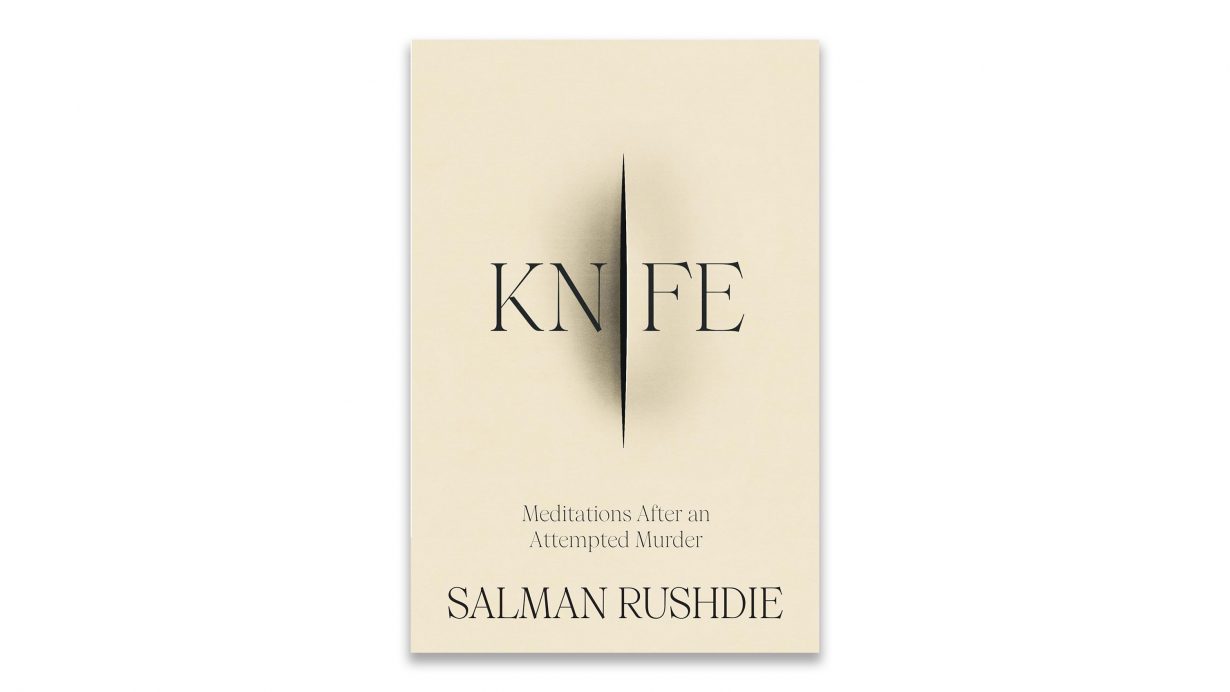Knife: Meditations After an Attempted Murder accounts for the author’s miraculous physical survival and how he treated his mental scars

‘However much I wanted to focus on fiction, something immense and nonfictional had happened to me,’ writes Salman Rushdie in this autobiographical book. ‘To write would be my way of owning what had happened.’ What happened was that, on 12 August 2022, in Chautauqua, New York, just before he was due to give a talk about the importance of protecting writers from harm, the author was stabbed multiple times in the neck, chest and eye. Knife is his account of his miraculous physical survival and how he treated his mental scars.
The first part of that, the healing of the body, is primarily a tale of the triumph of love over hate. Aided by his family and friends, and the skill of the medical team who treated him, the author recovers. His eye, however, was not salvageable. If the first part is shocking and a little sickly sweet, the second, focusing on the healing of the mind, is more narratively complex and fascinating. In it, his would-be assassin (referred to only as the ‘A’) is subjected to an imagined interrogation by Rushdie about what motivated him to commit his crime, as if this book were a means of entombing the ‘A’ in some sort of literary Guantanamo. Rushdie visits his attacker’s real jail towards the end of the book, but by then he’s more interested in the building than the assailant – proof, he suggests, of a successful rehabilitation.
Along the way, Rushdie gets to elaborate some of the themes in the speech he never made, delivering a paean to the power of art and the vital importance of freedom for those who make it. He cites the examples of writers who suffered violent attacks such as Naguib Mahfouz and Samuel Beckett, and those more generally threatened by ‘cultural terrorism’. At other times, though, it reads like a list of Rushdie’s famous literary friends (among them Martin Amis and Paul Auster, both of whom died as Rushdie recovered), and there’s a sense throughout that it’s Rushdie’s ego that’s recovering alongside his physical frame. Nevertheless, this remains an extraordinary tale of physical endurance and an inspiring defence of art as belonging to ‘the essence of our humanity’. ‘The powerful may own the present,’ Rushdie reflects, ‘but writers own the future’, because art defines the narrative within which the powerful do or do not endure.
Knife: Meditations After an Attempted Murder by Salman Rushdie. Jonathan Cape, £20 (hardcover)